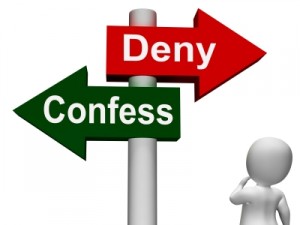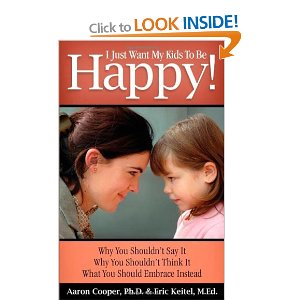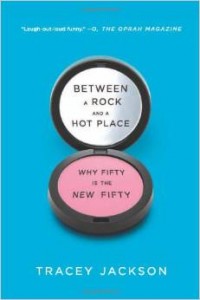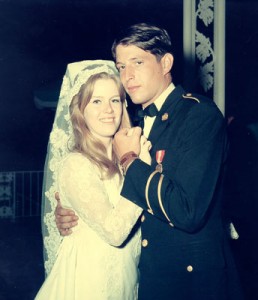For as long as I can remember, my girlfriends have been an important part of my life. We’ve graduated from Kool-Aid and cookies to brie and Cabernet and have gone from dissecting Barbie’s hairstyles to debating whether “Blonded by the Light” or “Brazen Raisin” will better cover up our grays, but one thing remains true after all these years: without my girlfriends I’d probably never have made it this far.
My girlfriends are the ones that keep me (relatively) sane. They’re the only ones who really understand my drink order at Starbucks, or my irritation with the ten-items-or-less-line, or my love-hate relationship with Christmas.
This is why girls’ nights out are so important. They’re therapeutic, actually medicinal, and I’m not just talking about the vodka in our martinis. Men are great for a lot of things, and not just killing spiders (which my husband refuses to do) and reaching things on the highest shelves. But you can’t really talk to men about the importance of chocolate, the beauty of a new lipstick, or the ability of the perfect pair of black boots to update your whole wardrobe.
They just don’t get it.
My husband doesn’t really get it at all, but he doesn’t really complain about it either. I tell him I’m going out with my friends, and he looks up from the crossword puzzle, nods, grunts, and maybe, if I’m lucky, tells me to have a good time.
We’ve been together for 19 years and in all that time, he’s made social plans seven times, not including Mother’s Day and my birthday, where I have to remind him about what I want to do at least three times a day for a month beforehand, so I don’t think that really counts.
I’m the keeper of the social calendar and that’s okay, it’s worked for us all these years. At least until recently, when I told him I was leaving the house to meet my girlfriends. He looked up from the crossword puzzle, nodded, grunted, and said, “OK. I’m having boys’ night out on Thursday.”
Excuse me? Did I put that on the calendar? Since when are you scheduling your own “play dates,” honey?
I was sure I had misheard him. But no, come Thursday night he put on a jacket and actually left the house, all by himself. This has got to be a fluke, I thought.
Then it happened again the next week. Uh oh. Was my husband finally realizing how much fun it was to escape his family for a night on the town? This could be big trouble for me.
I thought I could nip the problem in the bud the night we both had plans. After all, a PTA meeting (followed by cocktails, but still, “It’s for the kids”) trumps an action movie, so he would just have to reschedule. I told him this, quite reasonably, I thought. But he just smiled, devilishly, and said, “It’s okay honey, your mom’s going to watch Koss so we can both go out.”
Oh dear. Couldn’t he at last have called his own mom?
The next thing I know he’ll be planning mancations and taking up fly fishing and snow boarding and how will I ever get away to the spa with MY friends if that happens?
I definitely need to stop this train wreck before it’s too late. He needs to tone his social life way down if I’m ever going to be able to keep up with mine.
“Honey,” I begin, in my sweetest most devious voice, “We need to talk.”
“Yeah, I’ve been forgetting to tell you something,” he says.
All right. I bet he’s going to tell me that he’s been spending too much time with his friends and realizes he would much rather be home spending time with his family, while I’m out with the girls.
I smile in anticipation.
“The guys and I are talking about a boy’s weekend. Let’s check the calendar.”
Uh oh, you mean my calendar?
Oh no. I’m doomed.










